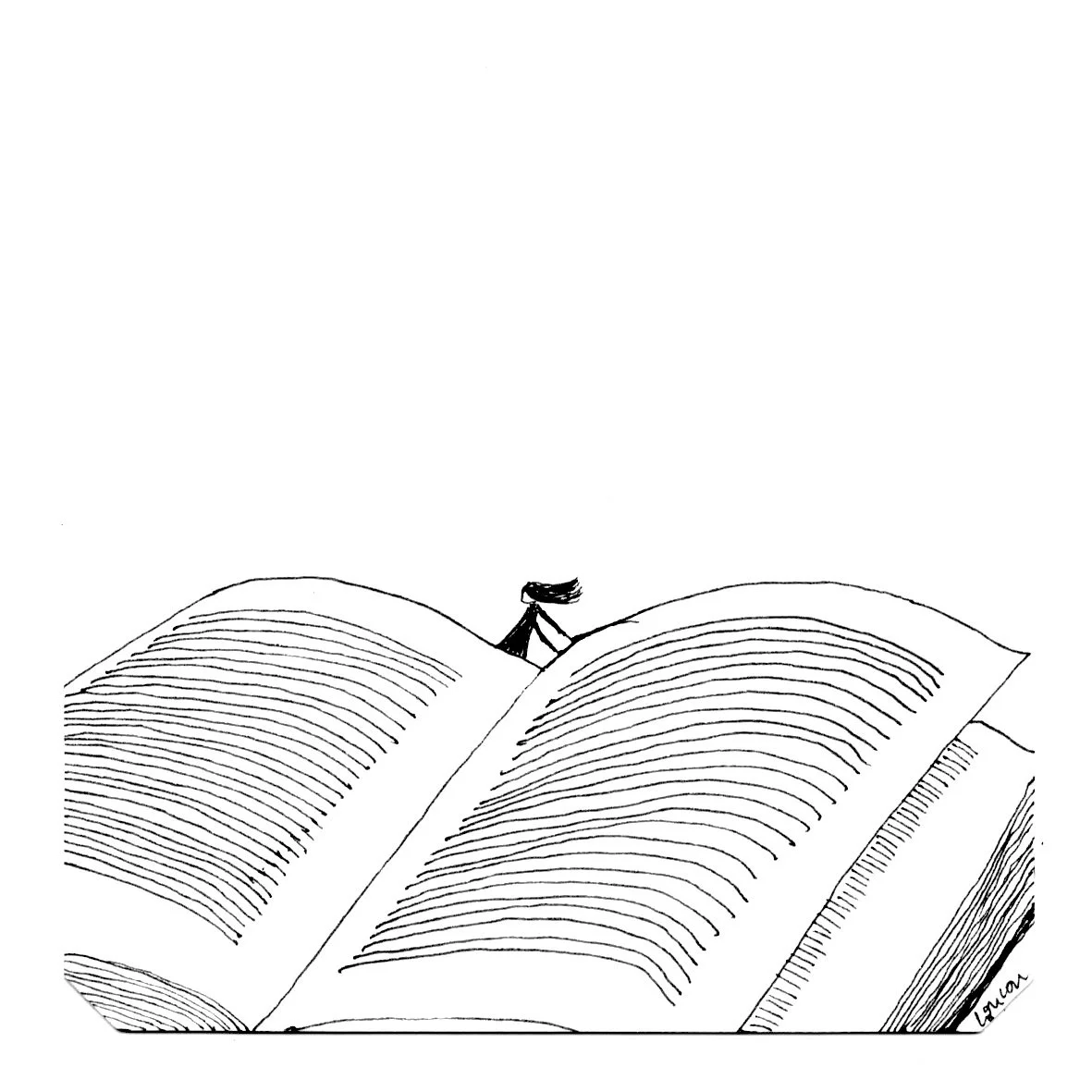Toxic relationships.
Finding Courage in Relationships: Recognising & Addressing Toxic & Coercive Dynamics
Every week I ask my Brave New Girls podcast guest how they define courage. This week’s guest is New York Times and Sunday Times No1 Bestselling author Sarah Pearce, who crime thriller trilogy culminates in the thrid book The Wilds which explores the underlying theme of domestic abuse and coercive control.
Courage is understanding inner strength as Sarah Pearse defines it:
"Courage is having that strength to believe in yourself."
This understanding of personal strength is crucial when dealing with relationships, whether at home or work. Recognising when a relationship is unhealthy, toxic, coercive, or harmful is vital for one's well-being. Knowing the signs and having the courage to take action can lead to a healthier, more fulfilling life.
Unhealthy relationships often involve patterns of behaviour that undermine one's confidence and self-worth. These patterns can manifest in various ways, such as controlling behaviour, constant criticism, isolation from friends and family, and manipulation. In the workplace, this might look like undue pressure, unrealistic demands, or undermining one’s abilities. At home, it might include controlling finances, monitoring movements, or emotional manipulation.
Control is a significant red flag in relationships. When one person exerts control over the other's actions, decisions, or finances, it creates an imbalance of power. This control can involve monitoring whereabouts, controlling spending, or making all significant decisions. Another sign is isolation, where the individual is separated from friends, family, or colleagues, either physically or emotionally. Constant criticism or belittling comments also undermine self-esteem, contributing to a toxic environment.
Manipulation is another common element in unhealthy relationships. Emotional manipulation, including guilt-tripping, gaslighting, or making the person doubt their perceptions and decisions, erodes trust and confidence. Fear can also be a telling sign; the individual feels afraid to express their thoughts or feelings due to potential repercussions. Creating dependence by controlling access to resources, such as money or support networks, further entraps the individual in the toxic relationship.
Inconsistent behaviour, where affection alternates with hostility, creates an unstable and unpredictable environment, leaving the individual constantly on edge. Shifting blame for problems or conflicts onto the other person, withholding emotional support, and overstepping personal boundaries are additional signs of a harmful relationship.
Recognising these signs requires inner strength and courage. As Sarah Pearse emphasises, it involves believing in oneself and acknowledging the validity of one's emotions and experiences. This self-belief is the foundation for taking the necessary steps to protect and empower oneself. Knowing the signs is just the beginning; taking action to address and escape from the toxicity is where true courage lies.
If you recognise any of these signs and would like to talk to someone please contact REFUGE CHARITY
Dare to do things differently, for the greater good.
Ten Actionable Steps
1. Acknowledge the Issue: Recognise and accept that the relationship is unhealthy. This is the first step toward change.
2. Seek Support: Talk to trusted friends, family, or professionals. Support networks provide validation and guidance.
3. Educate Yourself: Learn about toxic and coercive behaviours to understand your situation better. Knowledge empowers you to take informed action.
4. Set Boundaries: Establish and enforce personal boundaries. Clearly communicate what is acceptable and what is not.
5. Develop an Exit Plan: If leaving the relationship, plan your exit. Ensure you have a safe place to go and access to necessary resources.
6. Use Available Resources: Utilise resources such as hotlines, shelters, or counseling services. Organizations like Refuge can provide support and advice.
7. Practice Self-Care: Focus on self-care to rebuild self-esteem and resilience. This can include exercise, hobbies, or spending time with supportive people.
8. Document the Behavior: Keep a record of incidents of coercive or abusive behavior. This documentation can be useful if legal action becomes necessary.
9. Stay Connected: Maintain connections with supportive friends and family. Isolation can make it harder to leave an unhealthy relationship.
10. Seek Professional Help: Consider therapy or counseling to address the emotional impact of the relationship and to develop coping strategies.
Courage in relationships involves recognising toxicity and taking steps to protect and empower oneself.
If you recognise any of these signs and would like to talk to someone please contact REFUGE CHARITY
PS. As your Transformation Coach, I help you creatively crack the code to achieve emotional health, supporting you through your challenges, stress & fears and giving you the tools to create the life you want.
If you would like support in combating what holds you back to reset & rise and grow your inner Brave New Girl for a better life, book in for a free chat and we can take it from there: BOOK A CHAT
PPS Join our Brave New Girls Retreat for nurturing, nourishment & to reset from our crazy lives HERE



